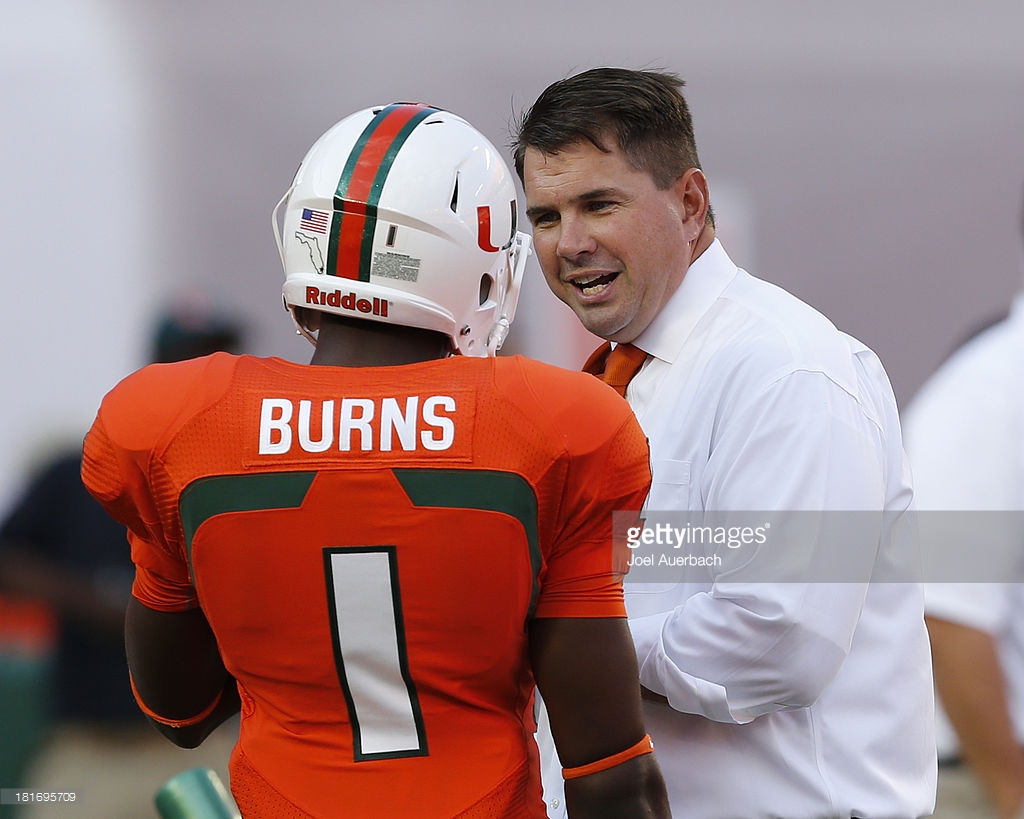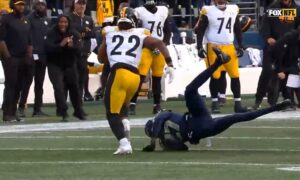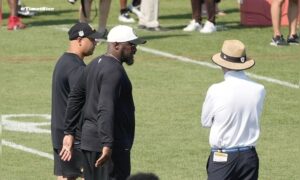The Pittsburgh Steelers have, by and large, been on an upward swing over the course of the past two and a half seasons after they missed the playoffs for two straight seasons, and failed to win a postseason game in four straight years.
Last season saw them gain that elusive playoff victory, though they came up short with about three minutes left in the Divisional round a week later. Their offense took off, and their defense improved, showing playmaking ability and opportunism.
But there are still a lot of unanswered questions facing the team as we crack into free agency territory. As an exercise, we like to take a stab at some of those questions, presenting arguments for the pros and cons of each side of the coin. This is the pessimist’s take on the following question.
Question: Should the Steelers try to get first-round cornerback Artie Burns on the field as soon as possible by letting him play to his natural strengths?
Over the course of the past decade or so, the Steelers have garnered a reputation for being a defensive team on which it is very difficult to play, let alone win a starting job, early on in a player’s career. I don’t expect that many are anticipating that their first-round selection, cornerback Artie Burns, will be breaking camp as a starter, but the trend has been subsiding.
Over the course of the past three seasons, the Steelers have had four different defensive players move into the starting lineup by the end of their rookie season, and all of them have been primary starters since then—although that is not saying much in reference to last year’s rookie starter, since he has not had a second opportunity yet.
But when referencing Burns, there is one key theme that would seem to be most apt to take away from the Steelers’ post-selection press conference, and that is one of potential. Head coach Mike Tomlin used a lot of terminology that references future success rather than immediate contribution, and that should help set the stage for what should be anticipated going forward.
Tomlin started out by pointing how that he is a “third-year player”, declaring as a true junior who just turned 21 after the draft, saying that he “has a lot of growth potential” and that they are “excited about the upsides”.
That is not typically the sort of phrases that you would associate with an early contributor, nor are the references to the fact that “he needs work”, a comment that was followed by a list of the areas in which his game needs to improve at the professional level for the Steelers’ defense.
“There is a ton of upside with him”, is how Kevin Colbert described him. And indeed there is. He has the size, the speed, and the ball skills. But much else in his game is raw, and that will produce a learning curve that will make it difficult for him to see the field early.
His best opportunity to do so will be if others more experienced in the system struggle, but it certainly doesn’t sound as though Pittsburgh is banking on him being a major contributor from the start, and that would seem to be the wisest approach to take.








